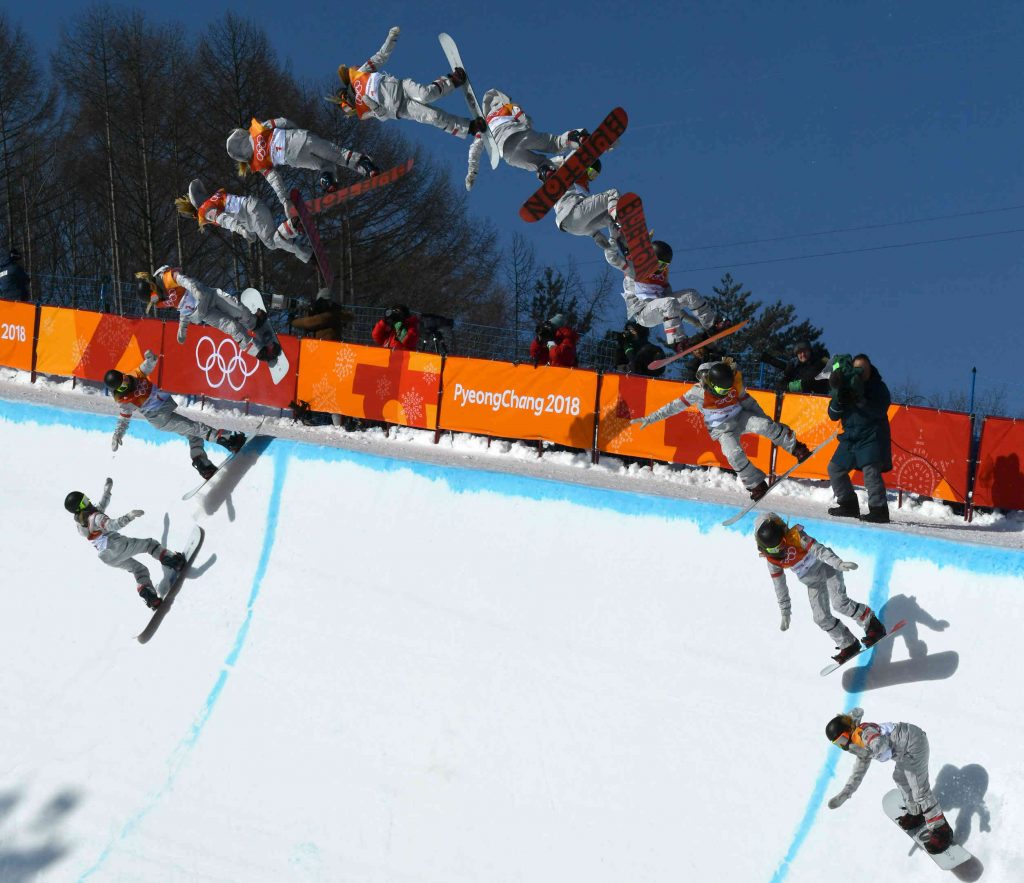
Entertaining games so far -> links:
- Olympics Games official site Feb 9 – Feb 25
- NBC's coverage
- ESPN's coverage
- Pyeonchang County

Entertaining games so far -> links:
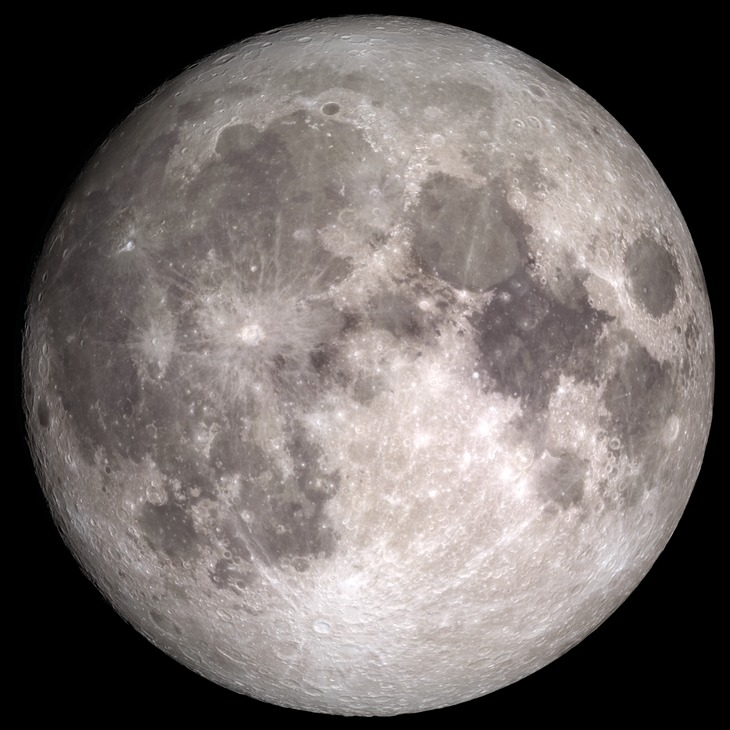
Moon phase and libration, 2018
The wolf moon, or the biggest brightest moon for 2018 what NASA is calling the New Year's Day moon. Pretty cool.
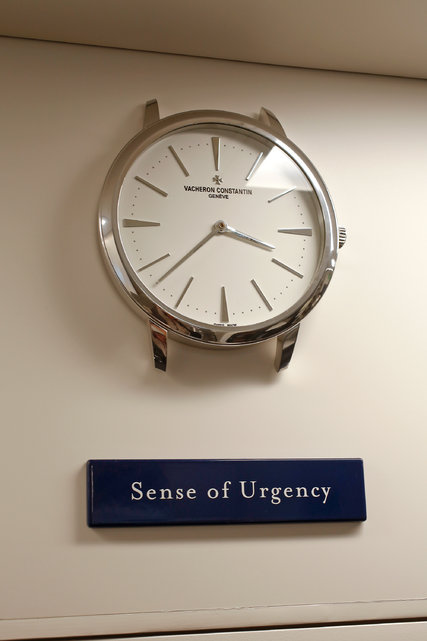
Two elements that the French Laundry in Yountville strives for 1) creating and working with a sense of urgency, and 2) doing things with finesse. Baby steps.
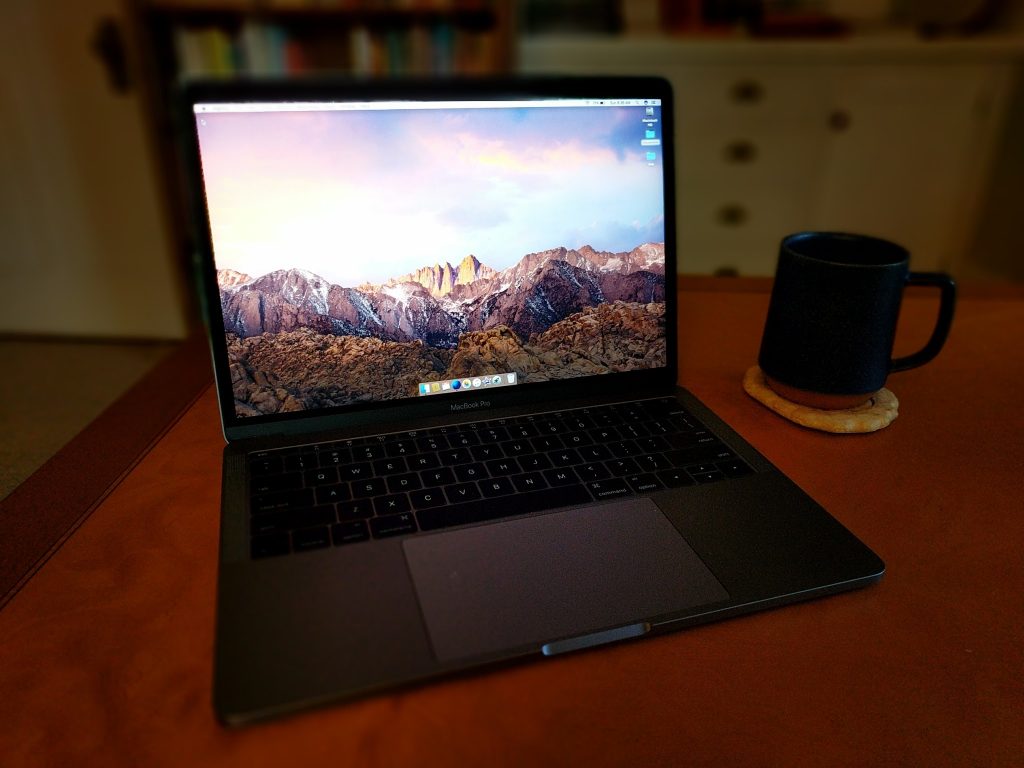
I love the non-touchbar version of the MacBook Pro. Looking down at a keyboard to find buttons doesn't make sense to me so went with the non-touchbar model. I could also complain about the price and battery life (which you can do every time) but the specs and design are solid. There seems to be quite a few lukewarm reviews out there but that's mostly because people are in need of ad/page views.
The MacBook Pro is still the best laptop in the market by a wide margin from a quality, design, and spec perspective. The Dell XPS laptops and Razer Blade laptops (stealth version) are also ones I'd consider.
Specs:
The sad thing about the MacBook Pro is that it's pretty close to complete as a product (which is what you would expect after 25 years!). You can certainly improve on the internals but this thing can't really get any thinner, lighter, louder, or brighter and no more ports to remove.
Of course a laptop can always get faster but this thing is already pretty fast and the bottleneck is on the connectivity and the server side. The real innovation is happening w/ the iPad and iPhone, still quite a few things that can be done there.
So yet again, this particular MacBook Pro defines laptop because there's really very little left to do to make this an even better product. However, I'm curious to see how Chromebooks continue to evolve (especially versus tablet improvements) since a browser based OS or just a web based experience is what most folks use and need, and a significantly cheaper price point gets the Web out there to more people.
A couple of nice, pretty mid-life crisis things to possibly purchase at age 40 or 50 but mostly to look at and pine for considering it ain't ever gonna happen :-) These two things and that boat (ok, yacht) I posted last time.
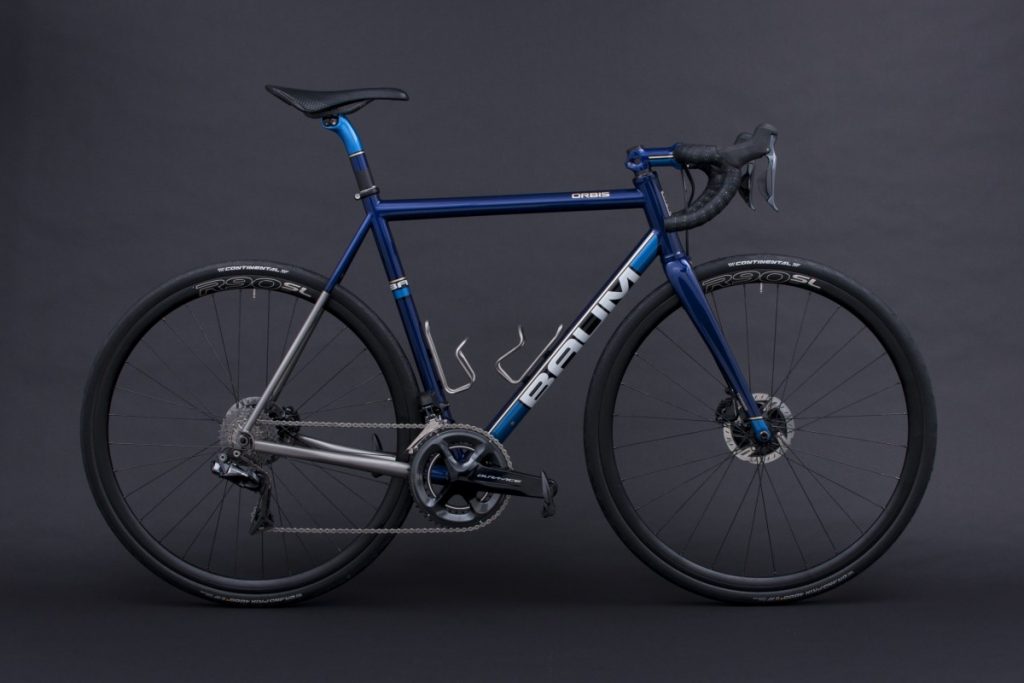
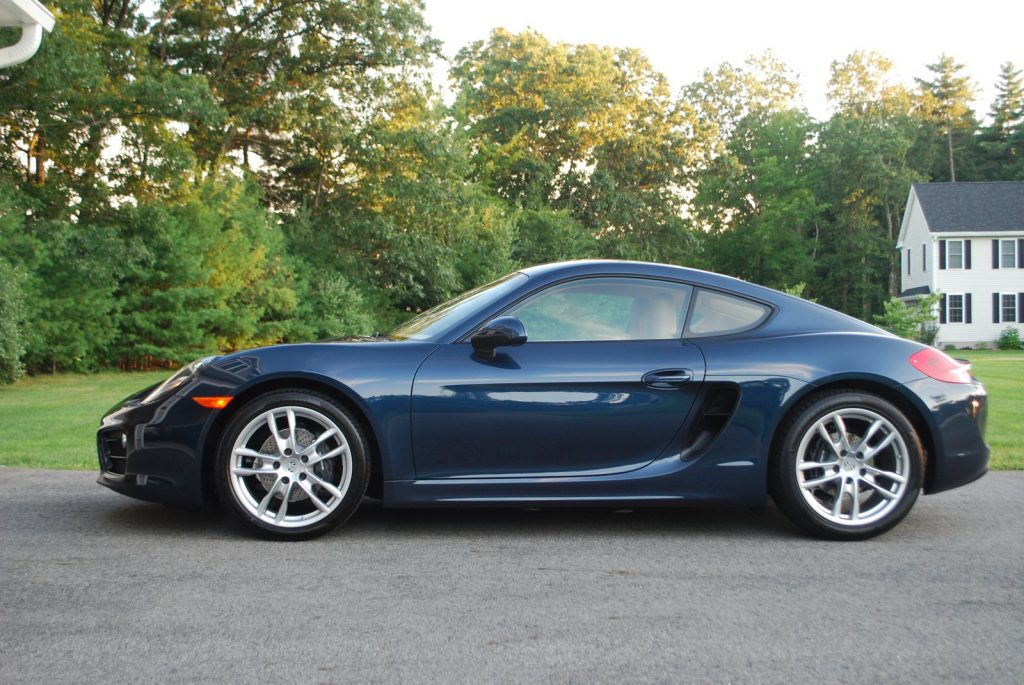
I want a boat — Beneteau Oceanis 38.1. I don't really want one but since we already have a waffle maker…
Several years back, I got really tired of buying way too expensive Gillette razor blades, $35 for 8 cartridges or $4.38 per blade. The actual razor that you can buy from Gillette is cheap, $11.50 or less. This is of course the razor, razor blade model of pricing.
I got really sick of it so I flipped the model and I went and bought a $30 razor (the one pictured above) and nice razor blades that cost $0.32 each or 30 blades for $9.00. Yup, $0.32 per old school razor blade versus $4.38 per Gillette blade. That's kind of a big difference.
There is slightly more work since I need to use shave soap, 3 for $14. You can get away with not using shaving cream/soap with a Gillette razor/cartridge. Shaving cream or gel are fine too but shave soap is cheaper and lasts a really long time. With shave soap, I can rock out with a $12 badger shave brush to lather up the soap which is kind of a pleasant experience making it and applying the lather to my face. There's some cost savings down the road here but it's negligible.
I finish up my shave with a splash of Osage Rub, it's inexpensive and makes our bathroom smell like a barbershop for a hot second. I do get nicked sometimes and I'll use a styptic pencil to fix it when that happens.
So finally tally:
All those commercials for Dollar Shave Club had been bugging me. I don't get why you need to join a club to buy expensive razor blades at a slight discount. Get a decent razor and buy the old school razor blades for $0.32 and you won't need to join a club to shave your face. I've already been priced gouged by Gillette for over 20 years, I don't need to be slightly less gouged by some startup.
End rant.
The new MacBook is nice but it's not the upgrade for my current setup. At this rate, I won't be upgrading from a MacBook Pro until 2016, darn. I'm hoping the next MacBook Pro has at least:
I'm still rocking a MacBook Pro from mid-2009 and it still feels more than fast enough. There isn't an OS upgrade or any specific apps that makes me feel like I'm slogging in mud. Minor nits are the effective 4 hour battery life and its weight of ~4.5lbs. That's about it though, can't really complain.
The new 13" Dell XPS also looks pretty good. Too bad it runs Windows and it would still be better to wait for a Skylake version of it.
Today's (2015) computing environment sure is exciting and confusing. Lots of different innovations coming all together with processors, display, storage, batteries, "form factors", platforms, and Internet speeds. It sure makes buying computing capabilities really tough and forces you into thinking what is it that you really need to do. Are you buying too much or too little in computing power? Here's where I think we are and where we might go.
Hardware
With hardware we're looking at Broadwell and Skylake processors coming out this year, 128GB+ micro SDs, more and cheaper cloud storage, 4K and higher displays, alternative inputs Myo/Leap/Siri/Cortana, 2-in-1 computer/tablets, more tablets, phablets and chromebooks, smarter TVs or tv dongles, more of all sorts of "wearables", more of connected home devices like thermostats, cameras, irrigation control, lights, and better basic computing learning tools like updates to Raspberry Pi and Arduino kits. We'll also see more of 3D VR…and drones!!!
The most interesting to me is less emphasis on processing speed and more emphasis on different "form factors", battery life, and capabilities. We used to care about getting the fastest computer available. In a lot of instances, a Chromebook or a tablet might be all you need these days.
So, the big marketing push seems to be the 2-in-1s and cheaper laptops like Chromebooks. It's hard not to think that previous more powerful gen Windows laptops and MacBooks aren't anything more than glorified Chromebooks considering all the time we spend in a web browser for most things. Anyway, going to be quite a fight and I'll be interested to hear what China has to say.
Software/Platforms
The Web is still the platform to beat although Windows (Windows 10 in Jan), Mac OS X (10.11) Android (5.0 Lollipop), iOS (8.1) sure are pushing hard and there's really no marketing for the Web as a platform. It's a tough thing.
From a dev standpoint, you're building your app for iOS and then Android both with a web backend and a web frontend as fall back. You're no longer building a Windows or Mac OS X app unless you really have the time, money, and resources but knowing your app is accessible via Firefox, Chrome, Internet Explorer, and Safari is enough.
HTML5 especially the video components should really start taking this year and maybe we'll see HTML5 videos on sites like ESPN.
From an app standpoint, more of the same in terms of people trying to regurgitate already popular apps. We'll see more ello, Strings (messaging app), more games, same stuff, same and new people, just with a little twist. It all still boils down to the quick, cheap app purchase or monetizing (via ads) of hosted content that people upload (posts, comments, videos, photos, documents, etc).
Bundling/Unbundling – the suites are the thing
The stack fight – Windows, Apple, Google, the rest continues to be fascinating. And marca and Jim Barksdale's theory of bundling/unbundling to make gobs of money still rings true.
The original productivity bundle Word, Excel, Powerpoint vs. Pages, Numbers, Keynote vs. Doc, Sheets, Slides vs. some random startup's app is quite the fight. You're adding Microsoft OneDrive vs. iCloud vs. Drive (and there's still Dropbox, Box, etc) makes you really wonder what you should use and where you should store your documents. The sleeper might be the note taking apps but I sure do love etherpads.
The creative bundle fight featuring photos, music, videos is even more fascinating (and probably more important/lucrative): iTunes, iPhoto, iMovie vs. Windows Music, Photos, Video vs. Google Play Music, Photos, YouTube vs. other web apps. This bundle seems to be more important because it's your photos and videos and it's personal. From a file management standpoint, it can't really get any more confusing especially when you add camera phones and auto upload features.
The final bundle features communication so email, text, phone/Internet phone/voice, social networking. Gmail, Hangouts, Voice, Google+ vs. Outlook, Skype, Socl? vs. Mail, Messages, FaceTime vs. Facebook, Twitter. The hidden fight within this bundle is single sign-on which comes with owning an ever improving profile boost. I don't know which among Facebook, Google, or Twitter is going to win this one.
The what's next bundle might revolve around health and fitness. It might be a general diagnostic app with health and medical records, a fitness app, and a diet app that all major players bundle together. A lot of signs are pointing to health and fitness as becoming the next bundle and of course there's also a lot of money available. There's also the trend that as tech folks age (Healtheon, WebMD, Revolution Health), we eventually turn our attention to health solutions. I'm interested to see if that trend holds up.
Wrap-up, Looking Forward to the Most
Gigabit Internet, Skylake processors, faster/better web browsers on multiple platforms, better recommendation engines, smoother integration/flows, and overall smarter web apps that will make life more enjoyable, help us spend more time with people we care about, and help us to make money are the innovations I care about the most. An 85" 4k, OLED, curved tv isn't really going to get me there but it's still nice to know they'll be a few of those at CES.
Being healthy, getting stronger/faster, hanging out with family and friends, eating great food are more interesting to me. How computing plays into that is the question.
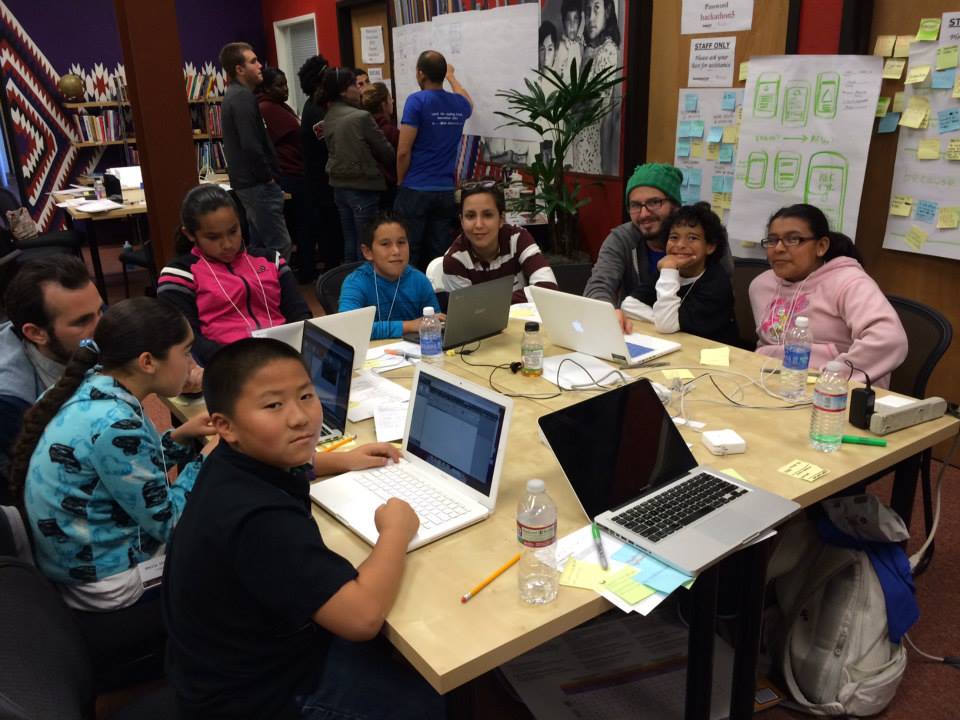
Over the years, the tech industry has had some lovely tech themes: Killer Apps, the Web, Search, Portals and Vortals, Dynamic HTML, Personalization, Verticals, Everywhere, Web 2.0, Web services, mashups, Digital Divide, Mobile, Location, HTML5, the Cloud, Apps, and now we're looking at "Wearables" and "Contextual".
Mitch Kapor and seemingly the tech scene in Oakland are pushing for the tech theme of Inclusion and I'm right there with him. Doesn't have to replace our fascination with wearables or context (e.g. Siri or Google Now), but it should be one of the themes that we carry forward.
Who are we including as our customers, as part of our development team, as part of our projects, as part of our investors? Are we valuing diversity? Are we equipping minorities with the training, tools, access, opportunities, money/resources to thrive or lean in? The truth is we're missing out on a lot when we're not being inclusive.

(what diversity in tech should/could look like)
Look for "Inclusion" or #Inclusion or include or inclusivity, etc. Inclusion is a tech theme you can be proud to be associated with, to be thinking about, and a nice theme to move forward.